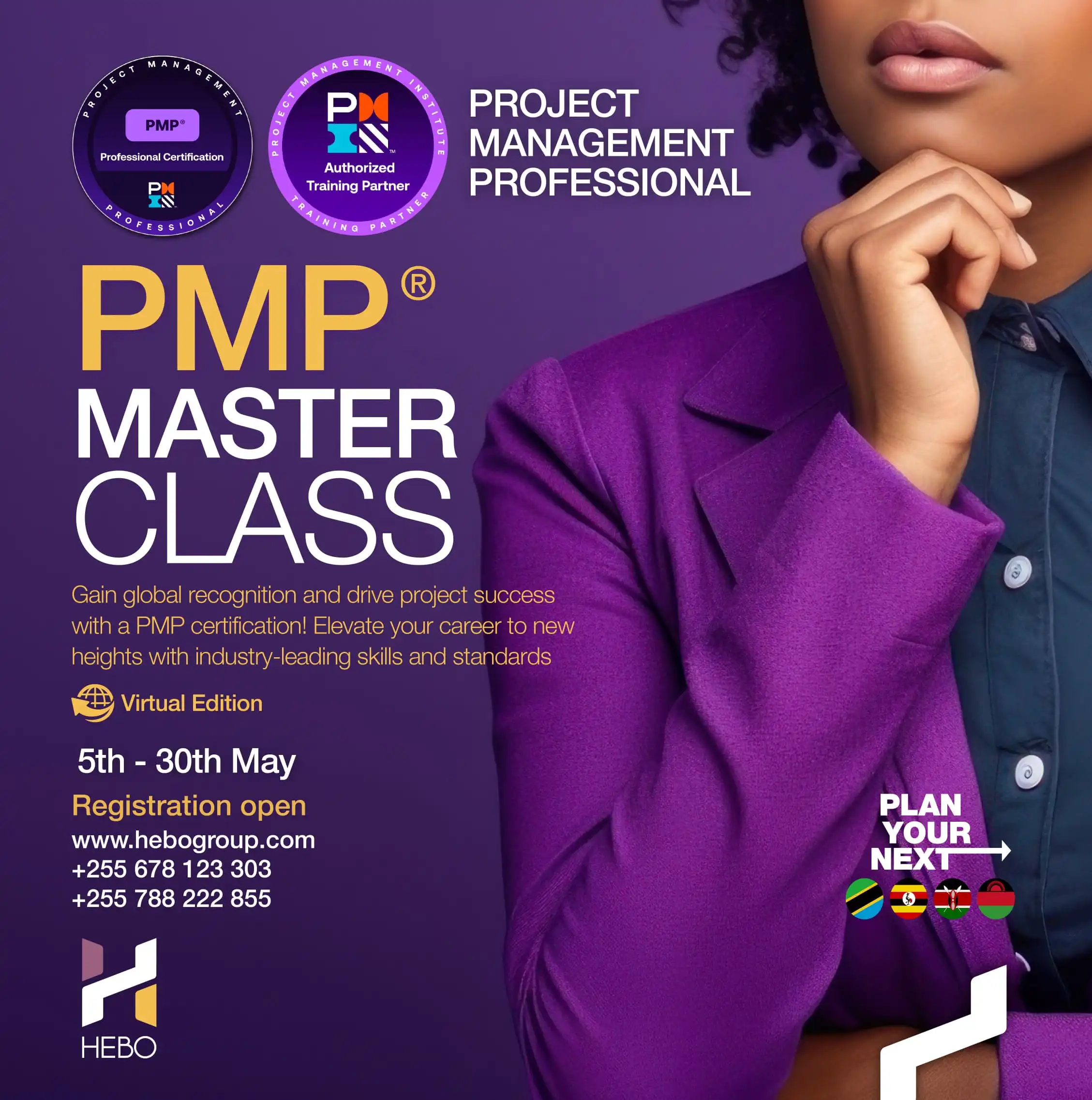Is The Bias Broken In The Fashion And Design Industry?
For most people, the fashion and design industry appears to be all glamourous. What they fail to see is that, beneath fashion ramps, cover magazines, and catwalks, there’s so much more.
With the likes of rising fashion entrepreneurs and designers locally such as Kemi Kalikawe (Naledi Fashion House), Doreen Mashika, Christine Kissa Zimba (KiKi’s Fashion), Khadija Mwanamboka, Evelyn Rugemalira (Eve Collection), Jamilla Vera Swai, Fatma Amour, Farha Sultan (ARNAA) and many more, the fashion and design industry proves to be a lucrative space for women aspiring to establish fashion-based business or career.
The industry is well-rounded. It comprises design, processing, manufacturing, distribution, marketing, and selling. The merchandise sold includes men’s, women’s, and children’s apparel, whether expensive high-end designs or normal everyday wear.
Zooming out, the fashion and design industry is like a pizza piece in a big pizza box titled the creative industry. Generating over US$2,250 billion in annual revenues, the creative industry boasts of global exports of over US$250 billion (2018 UNESCO Global Report “Reshaping Cultural Policy”) not to mention the CB insights’ Industry Analyst Consensus, which specifically approximates the fashion industry to be worth more than $3T by end of this decade.
There’s been an amazing growth of fashion technology and the creation of modern tools in this century. Tools to assist in the modernization of the production process, for example, Artificial Intelligence, 3D printers, body scanners, augmented reality, VR for retail, and many more technologies that have uplifted the fashion industry.
Although a lucrative space as mentioned earlier, it cannot be overlooked that women do face challenges within the creative industry in general. With nearly 30million employees worldwide (15-29), Half of them working in cultural and creative industries are women, who are under-represented in key roles, and overpowered in decision making, facing a gender gap, in terms of unfair pay, the price charged for their creative works and access to funding. (2018 UNESCO Global Report “Reshaping Cultural Policy”)
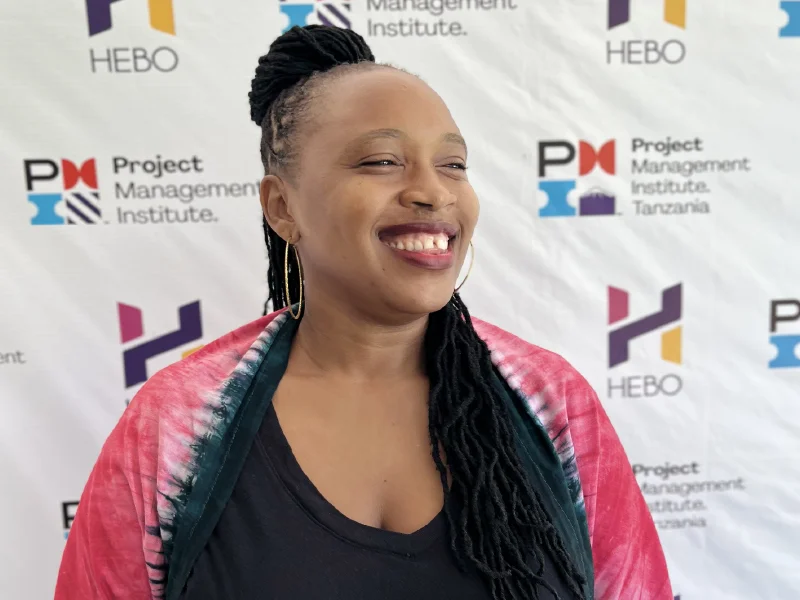
This month being the International Women’s Month, we decided to dive into the fashion and design creative industry and its digitization, by interviewing Ms. Kemi Kalikawe, a creative and fashion consultant and the founder of Naledi Tanzania, an entity that houses Naledi Dream Center, Naledi Interiors and her clothing line Kemi Kalikawe.
Kemi has worked in the fashion and design industry for more than 10 years. She has also hosted and participated in multiple fashion round-table discussions and facilitated the first East African fashion incubator boot camp, which was rated by Culture and Development East Africa, where she trained and mentored 20 Ugandan and Tanzanian aspiring designers.
She also worked as a Fashion Coordinator at Words and Pictures (WaPi) a British Council art program that helped discover and bring emphasis to emerging fashion designers in Tanzania. In 2017 she was awarded Swahili Fashion Week’s Innovative Fashion Designer of the Year, and in 2019, Kemi was the only African, in a group of 12 international designers, selected to take part in a 4 continent fashion tour, under China’s Belt and Road initiative.
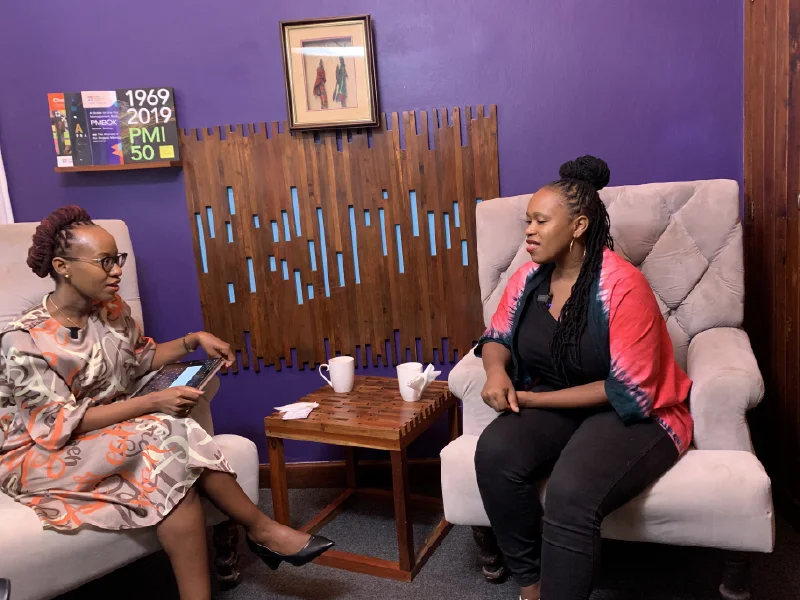
Her project Naledi Dream Center fuses fashion and design with digital technology to support the economic growth of the creative industries by training and developing groups and individuals in the creative industry and support services for the industry. This directly influences the individuals themselves and also increases the talent pool available for these skills.
In an interview we conducted with her, she admitted that, although the fashion industry is female-dominated, in reality, the majority of the women in the industry occupy small-scale positions. And they require more skills if they are to upscale in their creative works. This is why her centre attempts to educate women in different backgrounds, teaching them mostly digitally.
She believes that women have the ability to grasp technology fast. From the lady in Kariakoo to any place you can think of across Tanzania. She believes that we all need technology. And it is through technology that women can be educated without having to travel and leave home to attend offline training.
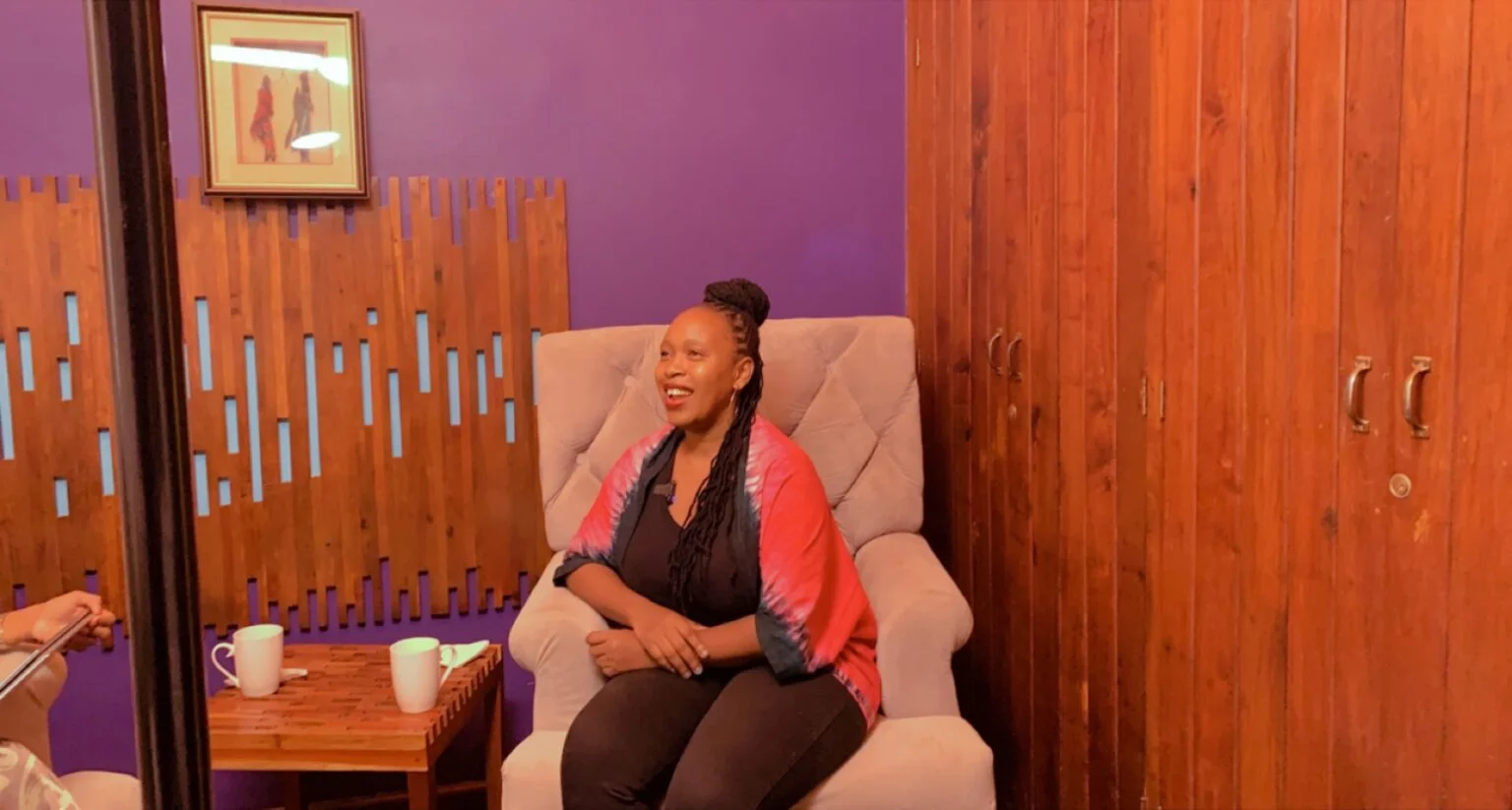
When she started Naledi Dream Centre, she funded the project with her own money. She has one purpose, to educate women within the fashion industry through technology.
“As a young woman that is aspiring to grow in the creative industry of fashion and design, do not be scared to fail and try. You may never know that the next door you knock on might be your breakthrough.”
She advised. It’s that same spirit, she says, that opened the doors of opportunities and growth for her.
To further upgrade the fashion industry, Kemi advised taking advantage of centers that are already providing tailoring and sewing training and upscaling them a little bit in places where online education is inaccessible. This is because it might be hard to give everyone a laptop and a computer to learn online.
When asked to advise young women who are aspiring to grow in the creative industry of fashion and design, she said
“Maybe at the beginning, you don’t know what it is but start learning whatever it is you want to get into. Be immersed in whatever it is that you are doing so that when you speak about it, you speak about it out of knowledge, and you will always be learning. You are not going to know everything, but know as much as you can.”
She advised stakeholders in the fashion industry to be open to different ways of using technology to better women’s growth in different sectors, but especially the creative sectors.
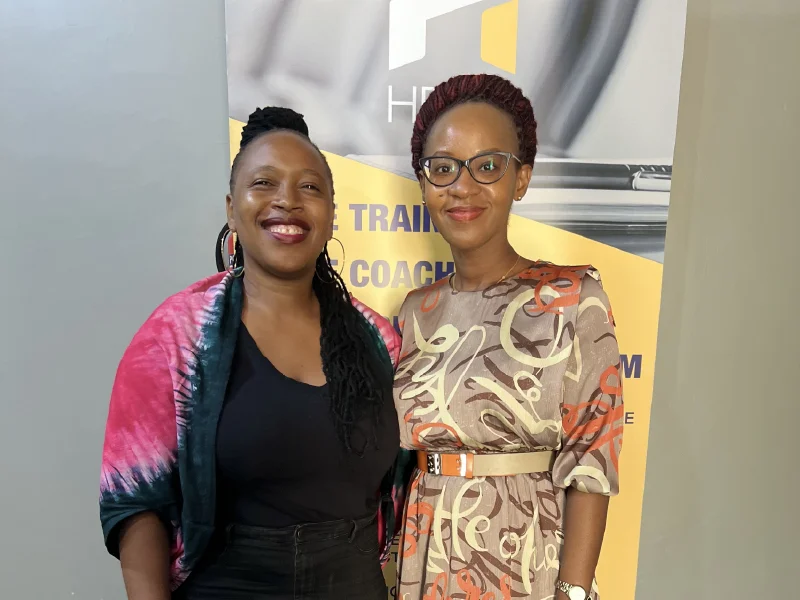
About HEBO Consult
HEBO Consult is project management consulting firm that helps businesses, organizations, and individuals get the right skills, tools, and frameworks to successfully execute projects. Whether through consulting or training, we are committed to bringing you the right strategies, skillset, and mindset to turn your ideas into the best reality possible.
